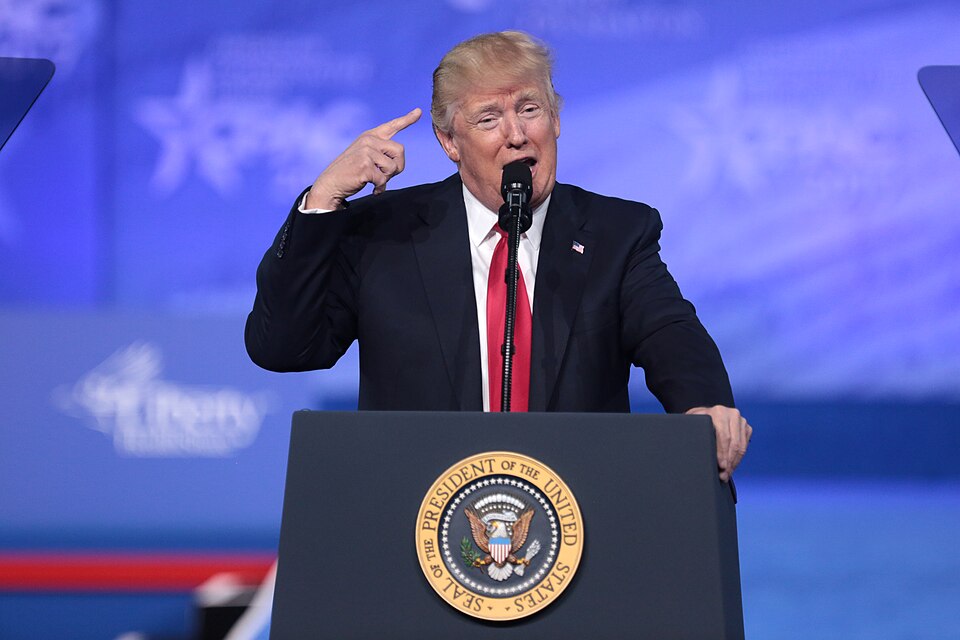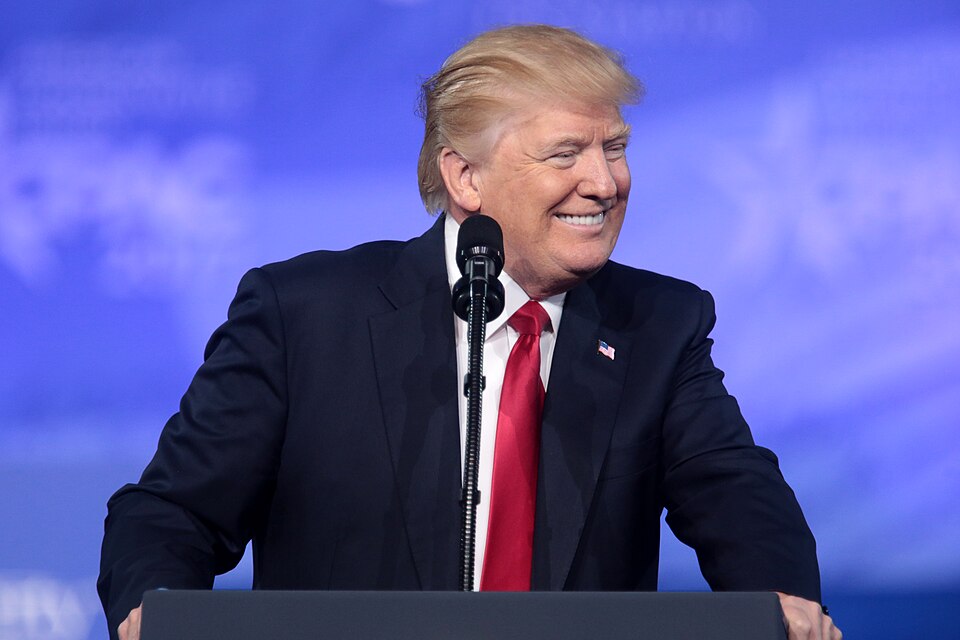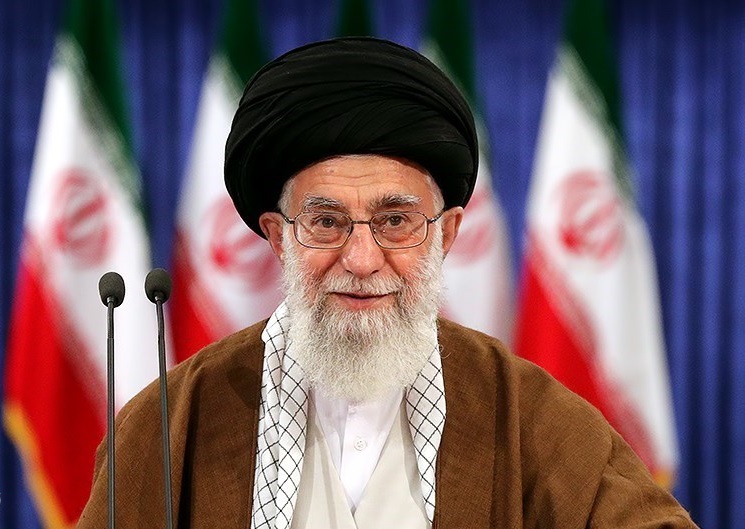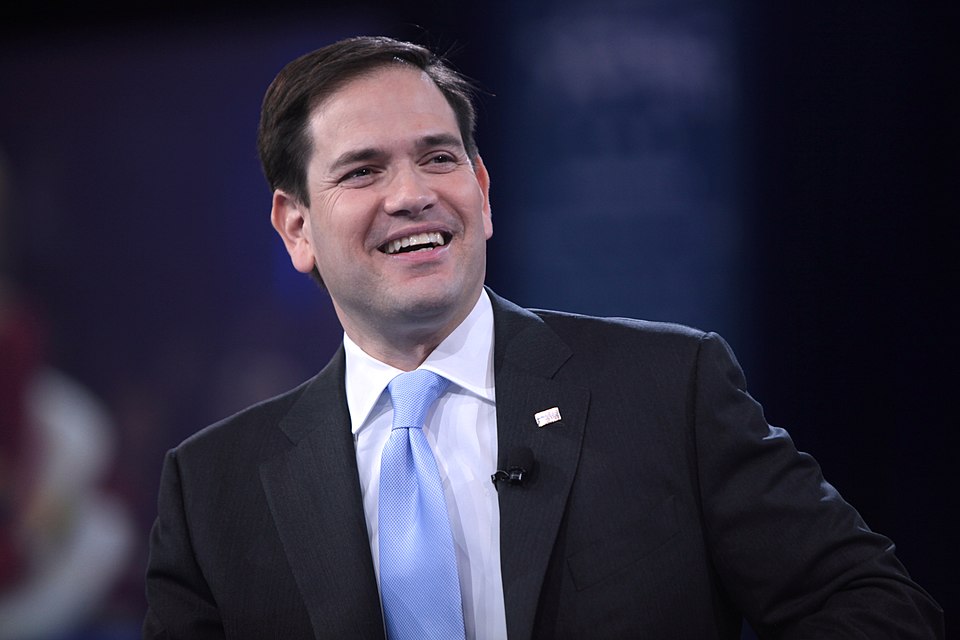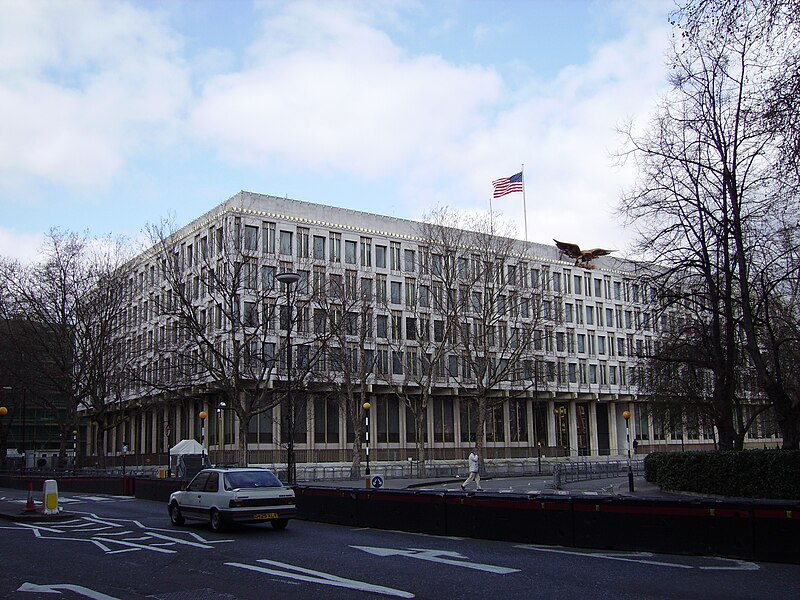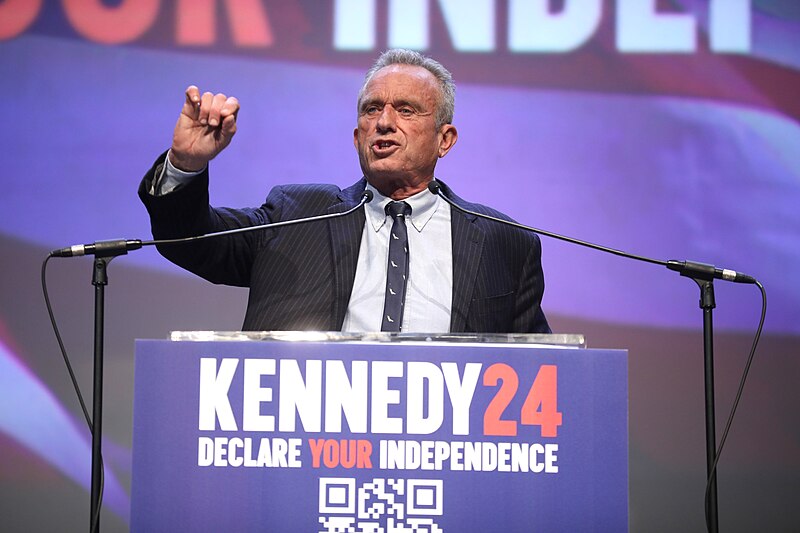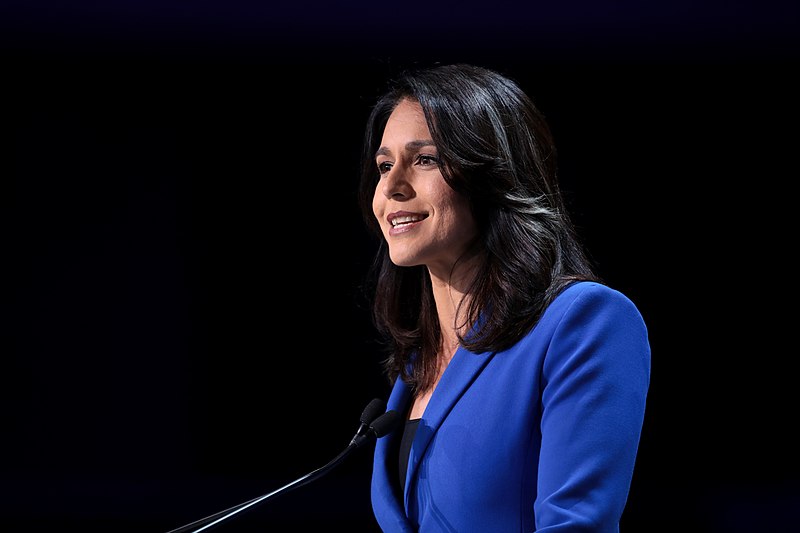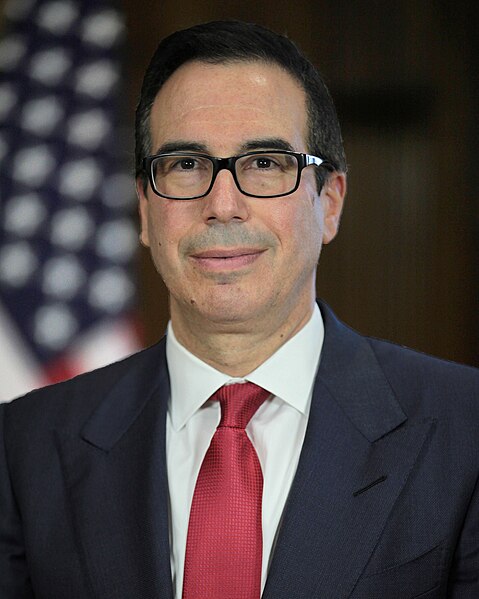
Steven Mnuchin, former Treasury secretary under President Donald Trump, has confirmed that he will not be returning to any future Trump administration but remains open to advising his
successor. Mnuchin emphasized the importance of enhancing sanctions on countries like Iran and Russia and curbing the growth of U.S. debt.
In an interview with Reuters, Mnuchin highlighted that bolstering U.S. trade policy should be a priority for the Treasury. He pointed out that China must be held accountable for its commitments under the Phase One trade deal signed in January 2020, which aimed to rebalance U.S.-China trade. According to Mnuchin, Beijing has not fully complied with its pledge to increase purchases of U.S. goods.
"Serving as Treasury chief during President Trump’s first term was the experience of a lifetime, and I'm happy to advise from the outside," Mnuchin stated. "I'm sure they’ll have a lot of great choices" for Treasury secretary, he added, while refraining from naming any preferred candidates.
Reuters recently reported that Scott Bessent, founder of Key Square Group, and hedge fund manager John Paulson are among the leading contenders for the Treasury position. Bessent has even met with Trump, signaling strong interest in the role.
Since leaving office, Mnuchin has founded Liberty Strategic Capital, a private equity firm backed by significant investments from Softbank Group and Abu Dhabi's Mubadala sovereign wealth fund.
Cohesion in the Economic Team
Mnuchin underscored the need for coordination among key economic institutions such as the Treasury, Commerce Department, U.S. Trade Representative’s office, and the White House National Economic Council. He recalled their successful collaboration during trade and tariff negotiations with China in 2018 and 2019.
The former Goldman Sachs executive noted that while financial markets expertise is crucial for a Treasury secretary, effective management skills are equally important. The Treasury’s responsibilities span a vast range of issues, from regulatory and tax policy to international sanctions, the latter consuming significant attention during his tenure.
Mnuchin stressed the necessity for stronger enforcement of financial sanctions and further measures to curtail oil revenues from Iran and Russia. He criticized current sanctions on Russia, saying they have been more about headlines than substantive impact. While a G7-imposed $60 per barrel price cap on Russian crude might have affected revenues, he pointed out that Russia continues to sell considerable amounts of oil and gas.
For sanctions to be truly effective, Mnuchin proposed that they be paired with increased U.S. oil and gas production, as well as bolstered output from Middle Eastern countries, to stabilize prices despite reduced supply from sanctioned nations.
Addressing Deficits
Mnuchin also discussed Trump’s plans to extend expiring individual tax cuts and eliminate taxes on tips, Social Security, and overtime income. He acknowledged that these measures could exacerbate U.S. debt but stressed the importance of managing deficits. Mnuchin expressed confidence that Congress and the administration could find a balance between maintaining tax relief and reducing spending, both discretionary and non-discretionary. He noted that economic growth and revenues from higher tariffs under Trump’s policies could help offset some of the financial shortfall.
Defending the Trump administration’s substantial COVID-19 relief spending, which contributed to a record $3.1 trillion deficit in fiscal 2020, Mnuchin argued that such measures were essential to prevent a global depression. However, he criticized the Biden administration for excessive spending that, in his view, has fueled inflation and ballooned deficits. The U.S. deficit for fiscal 2024, which ended on September 30, reached $1.8 trillion—the highest outside of the pandemic era—and interest on public debt surpassed $1 trillion for the first time.
“The spending we did during COVID was necessary to avoid a worldwide depression,” Mnuchin said. “But the continuous spending by the Biden administration has clearly contributed to inflation and large deficits, and that must be addressed.” Photo by Office of the President-elect, Wikimedia commons.
